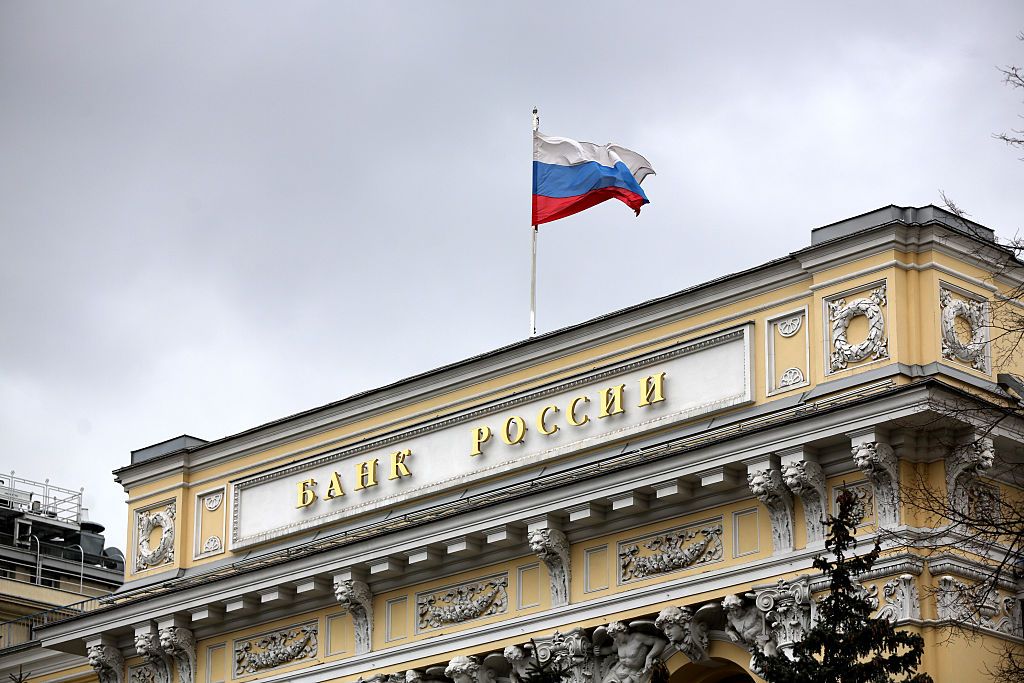NYT: White House intensifying efforts to confiscate Russian assets

The Biden administration is intensifying efforts to confiscate around $300 billion worth of Russian assets frozen in the West to ensure continued funding for Ukraine, the New York Times reported on Dec. 21.
U.S. funding for Ukraine is set to run out as a $61 billion package for Ukraine remains stuck in Congress. The Pentagon said on Dec. 18 that funds to replenish military aid for Ukraine will run out by the end of the month unless Congress passes additional funding.
A senior White House official told the New York Times that even if Congress unblocked aid for Ukraine, declining support for Ukraine among Republicans and Ukraine's "increasingly precarious" position demonstrates the need for an alternative funding source.
Talks on using frozen Russian assets to provide financial aid to Ukraine have intensified in recent weeks, the New York Times said, citing unnamed officials.
Biden reportedly wants a strategy ready by Feb. 24, 2024, which will mark two years since the start of Russia's full-scale invasion. The details are under currently "heated discussion," the newspaper said.
The seizure of such a large sum "would be without precedent," and will likely result in "unpredictable legal ramifications and economic consequences."
The White House is working with the Group of 7 (G7) to assess whether it can "use its existing authorities or if it should seek congressional action to use the funds," the New York Times said.
According to estimates, most Russian assets are in Europe, while around $5 billion are held by U.S. institutions.
The U.S. does have the power "to police transactions involving its currency and use its sanctions to immobilize dollar-denominated assets" as a significant portion of Russia's foreign reserves are held in U.S. dollars, according to the New York Times.
The Financial Times also reported on Dec. 15 that the G7 is increasing efforts to confiscate frozen Russian central bank assets for Ukraine’s benefit.
Days later, on Dec. 20, Der Spiegel reported that Germany's Federal Prosecutor General has submitted paperwork to confiscate 720 million euros ($787 million) in Russian funds currently frozen in Germany.
The $787 million belongs to a subsidiary of the Moscow Stock Exchange, which the EU sanctioned in June 2022. Germany also froze its assets located in German banks.
EU leaders expressed support in October for a proposal to use billions of euros in windfall taxes from Russian assets tied up in the West to rebuild Ukraine. Earlier that month, Belgium announced it would create a $1.8 billion fund for Ukraine, financed by the tax revenue from interest on frozen Russian assets.















